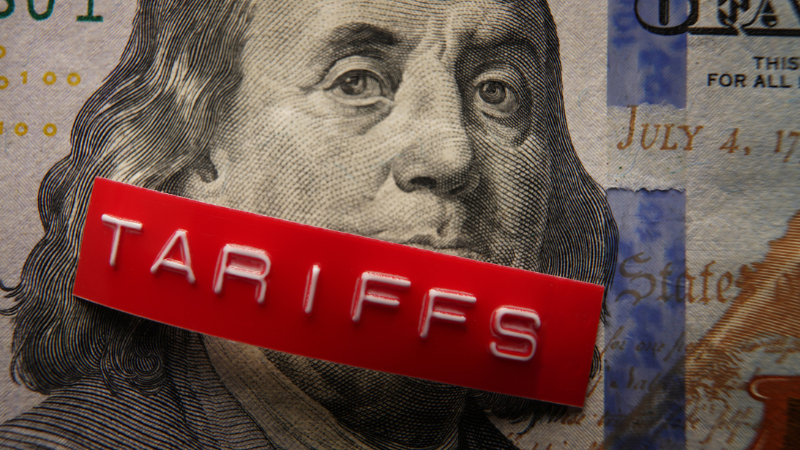
CHICAGO, July 7, 2025 —Most countries that ship foods and other food-away-from-home supplies into the United States will be informed starting today of how much of a tariff will be levied on those imports, with the implementation date now pushed back to Aug. 1.
The White House said it will begin sending letters to nations that were granted a 90-day delay in April of what President Trump termed "reciprocal” tariffs, or duties matching what those countries levy on imports from the U.S.
In a flurry of appearances on Sunday morning news programs, administration officials would not reveal the scale of the surcharges, which were initially slated to be close to 50%.
But they indicated that the communication will be no form letter. In some instances, the officials revealed, the outreach will hold out the prospect of further negotiation to bring down the rates, suggesting the letters are intended more as a warning and a way of giving U.S. representatives more leverage in any negotiations.
Other countries will be informed outright that their goods will be assessed at a specific level.
The target date for imposing the reciprocal tariffs was Wednesday, July 9. President Trump indicated in off-the-cuff remarks to reporters that the letters may go out as late as Friday, July 11.
On Monday, the White House revealed that it's pushing back the start date for the tariffs to the start of August.
Trump indicated that he’ll decide the rates on a nation-by-nation basis. In his spontaneous remarks, the president said he intends to tack an extra 10 percentage points onto the tariffs of nations that align with BRIC, the acronym used for the loose economic alliance of Brazil, Russia, India, and China. Representatives of the BRIC nations met over the weekend in Rio de Janeiro in part to discuss the global impact of the U.S. tariffs.
The flurry of actions and statements largely dashed the hopes of U.S. companies of getting clarity this week on the tariffs. Uncertainty about the impact has been widely cited as the reason for an economic slowdown that reduced the Gross National Product for the first quarter of 2025 by 0.5%.
Economists say consumers are slowing their purchases because of concerns about their spending power. Businesses, the authorities say, have markedly increased their importation and warehousing of goods to avoid the full impact of the tariffs.
The duties have been championed by Trump as a way of encouraging domestic production of goods that are currently imported, a shift he says will ultimately supercharge the U.S. economy and reduce consumer prices.
The surcharges are also intended to strongarm countries that have erected protective tariffs against U.S. imports to lower those barriers to trade with American concerns.
As Managing Editor for IFMA The Food Away from Home Association, Romeo is responsible for generating the group's news and feature content. He brings more than 40 years of experience in covering restaurants to the position.
Cover image courtesy: Closed Loop Project